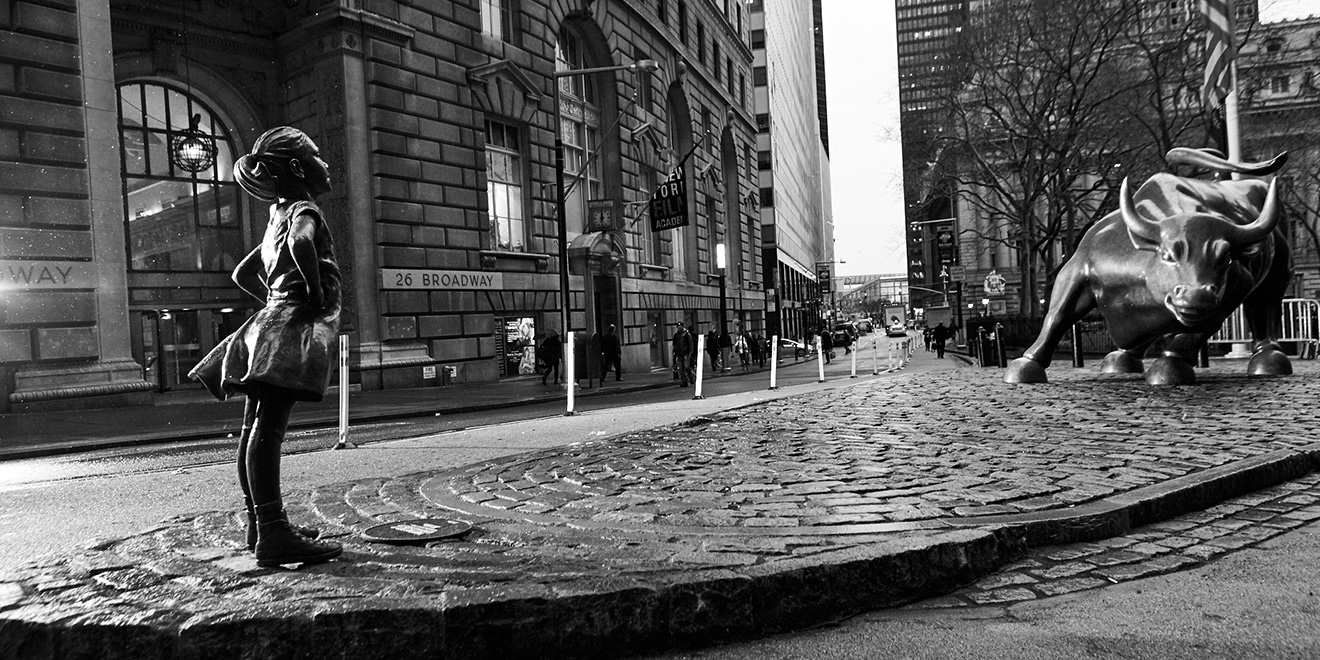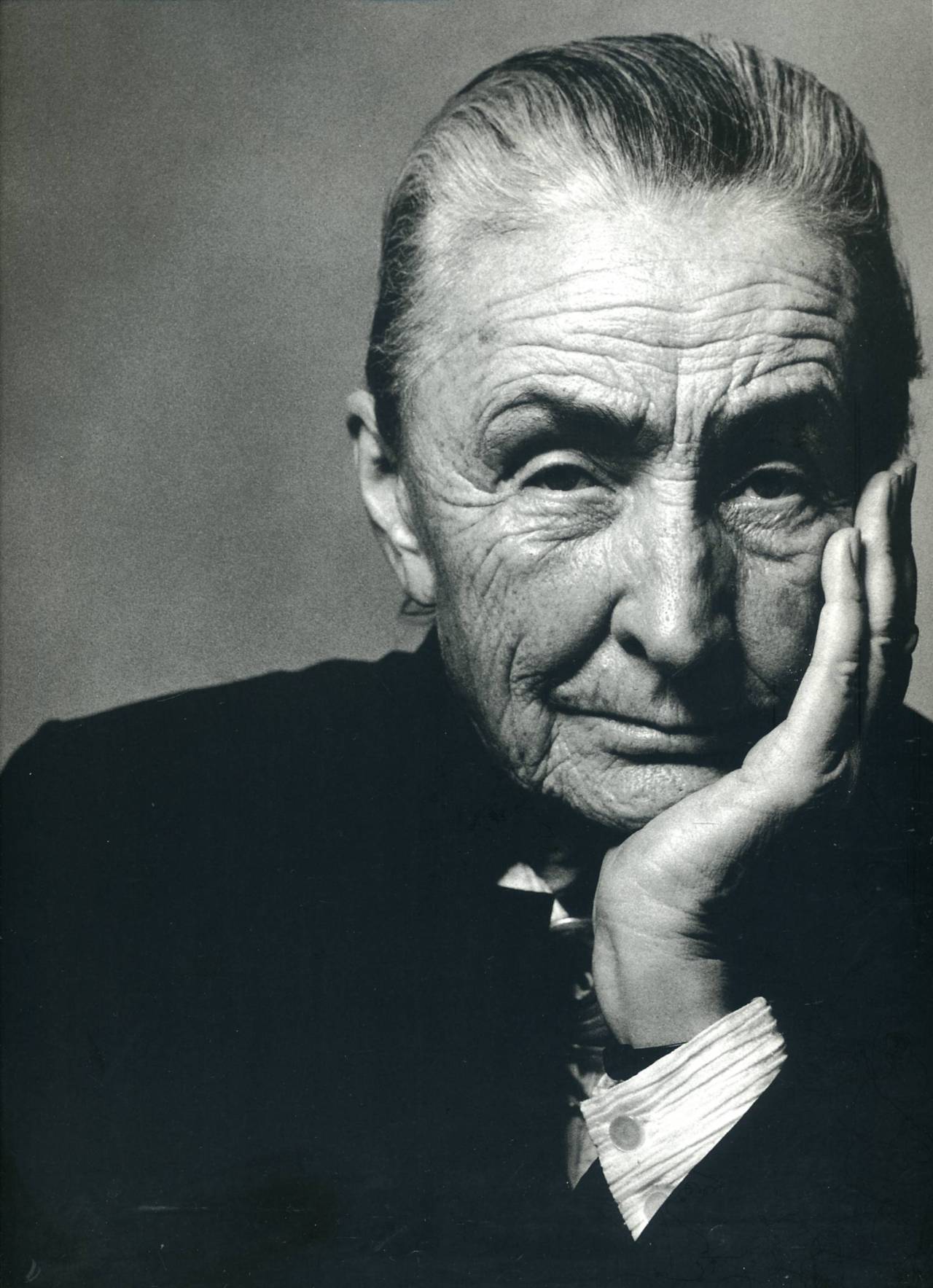
Yesterday was International Women’s Day. I participated in the “Day Without a Woman” protest by wearing red, spending money at exclusively female-owned businesses, and not working. I reflected on what it means to be a woman and how my life would be different if I’d been born a man. I’m grateful that now my female friends and I can vote and our career options aren’t limited to stenography or teaching (!!!), but as with any seismic shift in society, other less visible disadvantages of membership in Club Double X are still stifling our potential as humans.
It’s embarrassing to admit, but at my core, I resent being a woman:
- I resent that being a wife and mother seems so much harder than being a husband and father.
- I resent that women are led to believe their wedding day will be the “happiest day of their lives.”
- I resent that unpaid domestic work—what UC Berkeley’s Arlie Hochschild called The Second Shift—still largely falls on women’s shoulders.
- I resent that rich, white men are largely anti-regulation unless they have the opportunity to impose limits on women’s access to birth control or reproductive health services.
- I resent that women’s and men’s ideas are treated so differently. JK Rowling’s publishers encouraged her to use her initials because they believed that boys wouldn’t be interested in a book written by a woman. In that vein, male authors don’t have the courage to publish under a female pseudonym unless they’re writing trashy romance novels. (I’d love to be proven wrong here.)
- I resent that words coming out of a man’s mouth are perceived as more authoritative, persuasive, and intelligent than if they came from a woman (i.e., the Goldberg Paradigm).
- I resent that female nonconformists throughout history have been seen as crazy or disobedient while many male nonconformists are left alone or celebrated.
- I resent that women rarely occupy upper leadership positions in government, companies, and religious institutions.
- I resent that traditionally female “caring occupations” are paid less than traditionally male “physical occupations,” especially when there’s no longer a single-income family wage (except for the richest Americans).
- I resent that women pay more for health insurance, dry cleaning, toiletries, clothing, and more, all while earning lower salaries than men for the same work.
- I resent that only 29 percent of protagonists in popular American films in 2016 were women. And that was an all-time high.
- I resent that women are expected to have a “civilizing effect” on male family members. Women tolerate men’s anger, mood swings, and selfishness while men are still favorably stereotyped as the “more rational” sex. Riddle me this: a man might get angry at a bar, break a bottle, and stab someone in the neck to defend his honor. His honor. So which one is really the more rational sex?

- I resent that if a woman is not smiling, she’s often perceived as angry or upset.
- I resent that society condemns steroid use among men while not caring whether women inject toxins into their faces or get non-necessary surgeries.
- I resent that women’s assertiveness is misperceived as aggression or bossiness.
- Worst of all, I resent my own biology. Why should I be less physically strong than a man? Why should I have to bleed every month? And despite what some women say, being pregnant looks supremely uncomfortable and inconvenient. Ok, so I can’t really change this one, although the US could do so much more by mandating paid time off for new mothers (as nearly all developed countries do), improving women’s access to family planning and healthcare, and ensuring that if an insurance company covers Rogaine or boner pills, IT ALSO covers female necessities such as birth control.

And I’m a privileged, white woman from the United States. My experience is just one person’s perspective and like so many women, I’ve never been able to fit the mold of the fairer sex. There’s been just enough social progress that thankfully, I don’t have to. I’m proud to be a feminist, and I hope that these disparities will someday be anachronistic, joining the same graveyard where our ancestors buried feudalism, buried Jim Crow laws, and (more recently) buried the anti-gay Defense of Marriage Act. The ghosts of longstanding discrimination still haunt us and public sentiment often changes more slowly than the law, especially as prejudice is passed down to those without the education to know better. I’m grateful for the opportunity to reflect on my own ghosts—those stomach-turning vestiges of legalized discrimination—even if the frigate of social progress is a slow-moving son-of-a-bitch.

